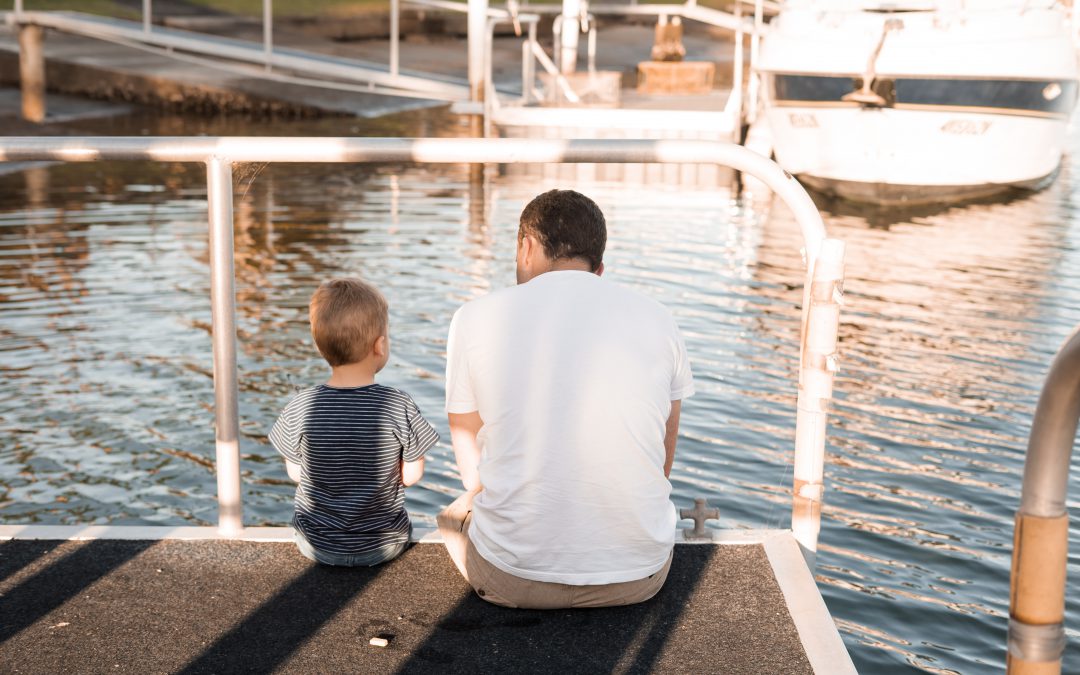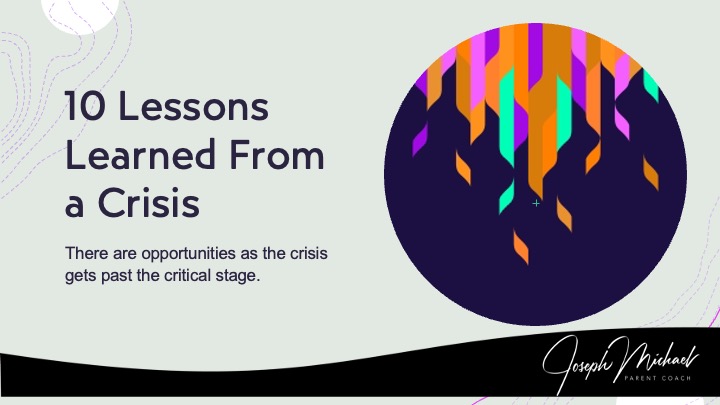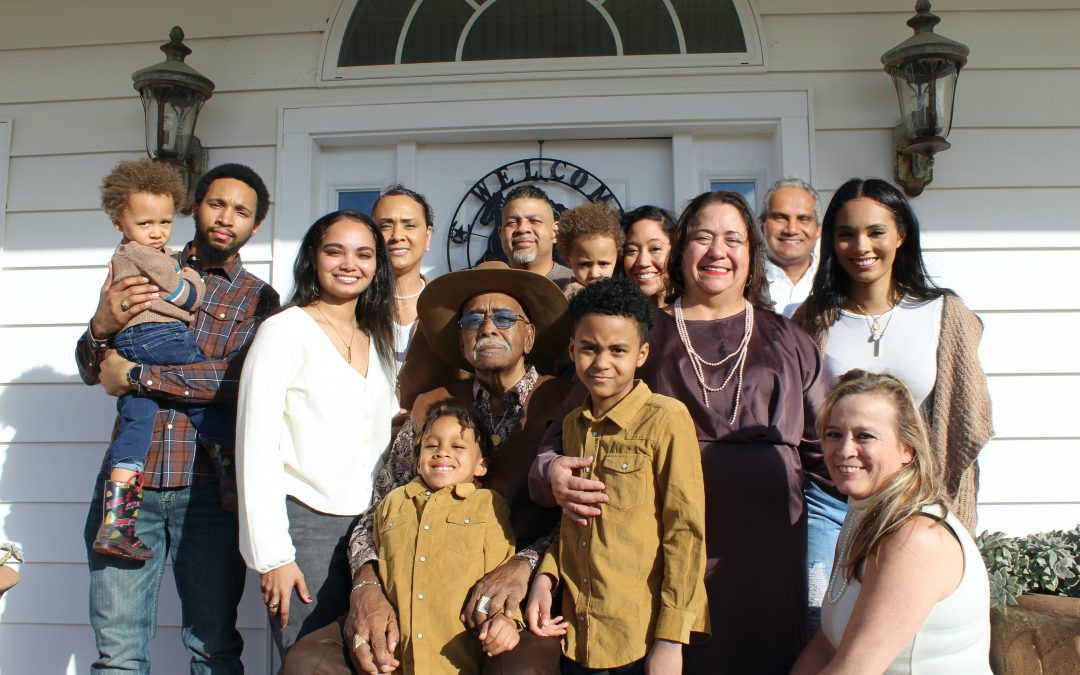
5 Tips for Helping You Unwind When Worried
5 Tips to Help You Unwind
Some days we’d rather not go through. Let’s face it, we all go through times of intense stress and worry. The idea of unwinding at all in these circumstances can feel impossible. At the same time, it’s these bad days where we need to unwind more than ever.
With this in mind, let’s take a look at several tips designed to help you unwind even when you’re worried.
Start By Getting Back into the Moment
A lot of what we’re doing when we’re worrying is living in the future. We’re caught in a world of ‘what if’ and speculation. This is why it’s crucial to get back into the here and now. Mindfulness or meditation can help you focus on where you are right now. Close your eyes and focus on your breathing. Don’t allow thoughts to intrude. Instead, allow yourself to drift, thinking about what you hear or smell. It doesn’t have to take long. Even a few minutes of mindfulness will help you to unwind significantly.
Are You Being Reasonable?
What are you worried about most often? Is this a reasonable worry? Sometimes all we need to unwind is a quick reality check. You might be overthinking things. If you’re not sure if you see the situation clearly, this might be a good time to talk to someone else about what’s going on. Do they see things the same way?
Let Go
There are some things you’re not going to be able to change about what’s going on right now. Remind yourself whatever is happening is just another piece of this particular segment of your life. You will get through it. You’ll find it easier to relax if you can release what is out of your control.
Forget the Fortune-Teller
Sometimes hen we’re worried, we’re falling into the trap of thinking things are very black and white. Generally speaking, things are seldom as bad as we imagine them to be. Take a deep breath and let the situation unfold as it will without trying to predict the future.
What Are You Telling Yourself?
Sometimes we get in the habit of seeking out the negative, especially when it comes to ourselves. Could it be you’re worried about something which isn’t even true? Consider the words you use when talking to yourself. If you’re using more negative than positive phrasing, start changing the dialogue to more positive statements. It’s a lot easier to unwind when you’re not beating yourself up all the time.
While these tips might not necessarily solve the crisis in your life, they’ll help you to put even difficult times into a better perspective, allowing you to at least take some time to breathe and figure out the next steps. Truly, you’ve got this!
Remember, worrying is a normal part of life, but it’s important to not let it consume you.
Distorted thinking that starts much of our worrying crushes our self esteem with feelings of despair, failure, anger, frustration, hopelessness, resentment and anxiety. This leads to doing and saying things we later regret and never solves any problem. It only leads to a high degree of dissatisfaction in life.
While these tips might not necessarily solve the crisis you are feeling in the moment, they’ll help you to put even difficult times into a better perspective, allowing you to at least take some time to breathe and figure out the next steps.
Take it one step at a time. Focus on the present moment. Analyze your thought process. Ask yourself if you have proof to support this thought? Approach the issue from a different perspective and know you are not alone.
Believe in yourself and your abilities. You are capable of achieving great things, and you have the power to overcome any obstacle.
Keep a positive mindset, take action towards your goals.
You’ve got this!
I invite you to sign up for our newsletter. It is a great way to get the Virtue of the Month and tips on relationships, parenting, and self-care. In addition, you’ll be the first to know about upcoming classes for successful families.
To sign up, visit the “Newsletter” section here on the website. Enter your email address, and you’ll receive our newsletter in your inbox on Wednesdays. I appreciate your interest in bringing out the best in your children and yourself. We look forward to keeping you informed through our newsletter!





